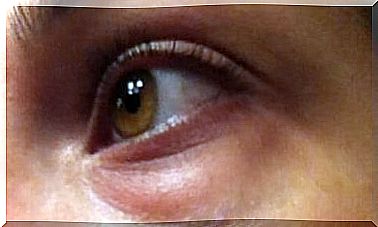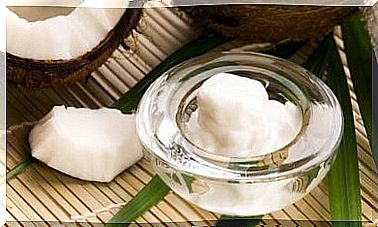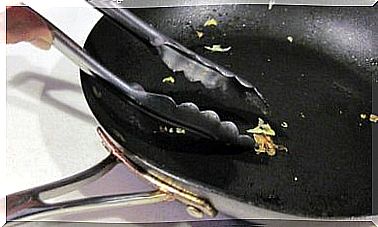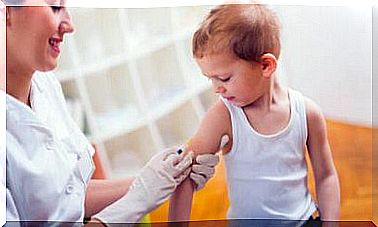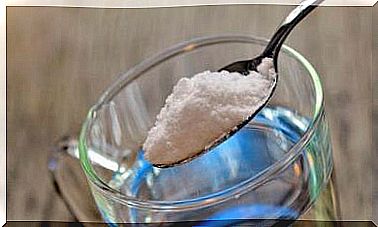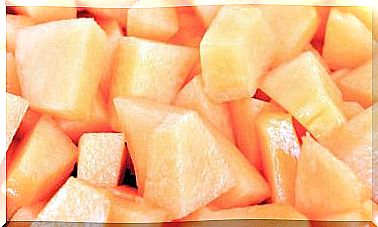Mosquito Bite: What Happens Then?
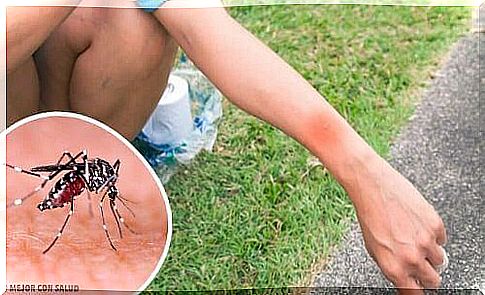
While something as seemingly insignificant and simple as a mosquito bite and subsequent scratching of the resulting blister may seem completely harmless, you surely did not realize that this behavior could have many more consequences than you may have imagined.
According to entomology experts at the University of Florida, a mosquito bite is the result of a female mosquito examining the surface of your skin with a special organ called a proboscis. In this way, they search for capillaries that run close to the very surface of the skin.
When the mosquito’s proboscis penetrates the skin, the insect then releases its saliva by injecting it into the punctured area.
Remember at this point that mosquito saliva contains certain specific proteins. Your immune system will immediately treat them as foreign and undesirable substances. This is why your body will react so aggressively to a mosquito bite.
Immediately at the site of the bite, a defensive reaction will begin, the effects of which you can see with your own eyes shortly thereafter. The bitten area will become inflamed and it will itch a lot.
This usually happens one or two days after the bite. But in addition to the itch itself, a mosquito bite can also trigger an allergic reaction or even an infection. To find out if a mosquito bite may lead to anything other than a minor but distressing itch, consider the following:
- A burning or itchy sensation comes when your skin releases a substance called histamine. It helps to fight against potentially harmless but undesirable substances. Like, for example, the saliva of a mosquito.
- The production of histamine also causes swelling of the blood vessels around the bitten area, causing a characteristic lump or blister. It also irritates the nerves and thus causes that persistent itch that everyone hates.
When is a mosquito bite more than just a bite?
If a mosquito bite not only causes itchiness, but also makes you feel sore and tired, this is a warning sign. Also pay attention to the presence of the symptoms described below.
If you see one or more of them, it is best to visit your doctor. Only he will be able to determine if it was just a harmless bite or something that requires more attention from your side.
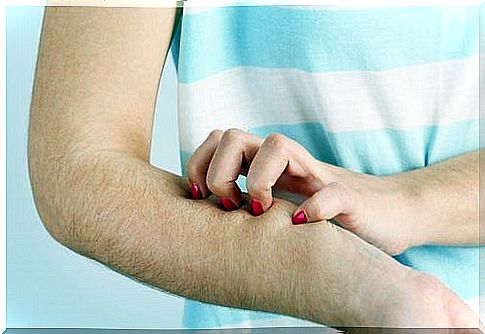
The symptoms that you should look out for are as follows:
- Tiredness
- Fever
- Bad mood
- Headaches
- Rash
- General discomfort
- Pharyngitis
Why do mosquitoes bite people?
According to the latest scientific research, mosquitoes are able to detect the presence of a potential victim from a distance of 50 meters. This is mainly due to the presence of carbon dioxide that is emitted when you exhale from your lungs. This signal triggers an impulse in mosquitoes to search for prey.
However, this signal will not lead the mosquito directly to you. However, it will make it easier for him to locate potential food sources. The mosquito will closely follow where the carbon dioxide is coming from, as well as the wind.
All this to identify your exact location. In short, a mosquito is always very attentive when flying.
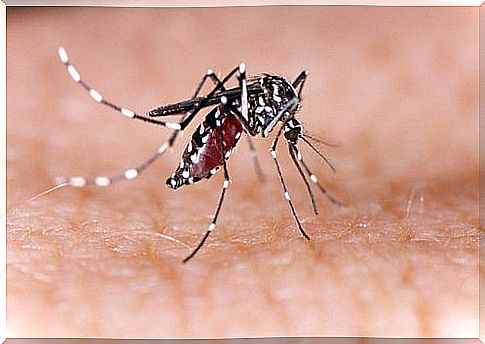
A mosquito can detect a human person with 100% accuracy from a distance of about 10 meters. However, only from a distance of about two meters, it can sense your body heat. This is when other factors important to him, such as humidity and smell, appear.
The mosquito then looks for a place to land on the surface of your body. Areas such as the feet and ankles are best suited for this. When he is about two centimeters from your skin, you can be sure that he already knows perfectly well that you are a person of interest to him. This means that you are about to be bitten by a mosquito.
How can you protect yourself from mosquitoes
There are several options that can help you avoid mosquito bites. Some biochemical repellants, such as citronella, are very effective. This is because they don’t smell too strong and don’t have unpleasant side effects like other repellants. And they are effective enough to be useful.

A natural repellent like lemon eucalyptus oil (scientists refer to it as para-menthane-3,8-diol or PMD) can also work well enough in most cases. It is sold in stores under the commercial name Citridiol. However, remember that its use is not recommended for children under the age of three.
Another good natural solution for fighting the annoying mosquito is to combine several ingredients at once. For example, if you add 5% DEET (N-diethyl-meta-toluamide) to vanilla or citronella oil, you will significantly increase the effectiveness of your repellent.
As an added bonus, it also has other beneficial properties for your skin. And using it has no side effects.
